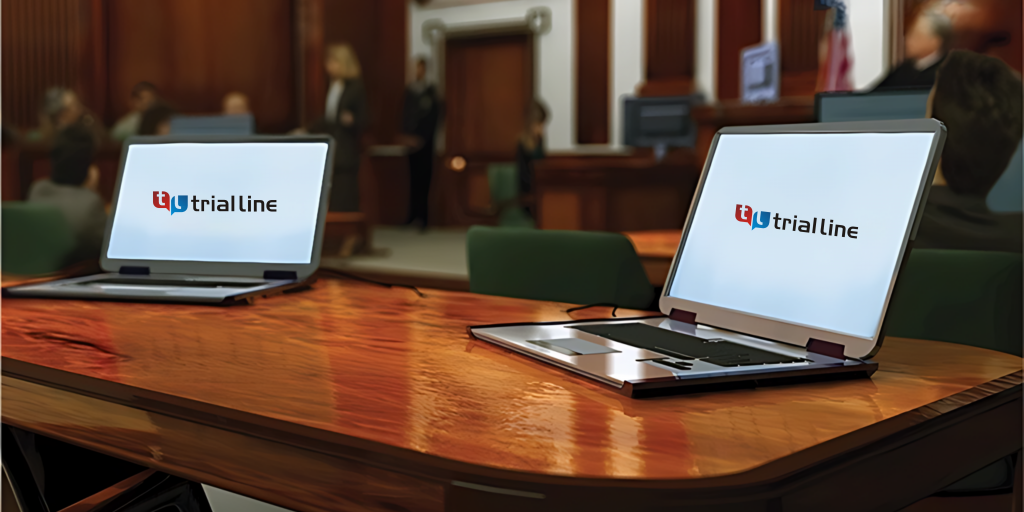The Power of Visuals in Test Presentations for a Winning Argument
The assimilation of visuals in trial presentations has actually emerged as an essential aspect in effectively interacting intricate arguments to jurors. By using numerous forms of aesthetic help-- be it diagrams, photographs, or animations-- lawyers can enhance understanding and retention, ultimately forming the court's perception of the situation. This technique not just clarifies complex stories yet also establishes a psychological vibration that can affect decision-making. As we explore the nuances of this method, it comes to be vital to think about just how details types of visuals can make a significant difference in trial results. What functional approaches might lawyers utilize to optimize this capacity?
Significance of Visuals in Trials
In numerous legal settings, visuals play a crucial role in boosting the performance of test discussions. The combination of visual elements can significantly influence jurors' understanding and retention of intricate info, consequently shaping their perceptions and choices. Visuals, such as graphes, representations, and photographs, can streamline detailed narratives, making them much more accessible and engaging.
Additionally, the human brain processes aesthetic info more efficiently than message, which highlights the significance of incorporating visuals right into legal debates. By equating dense lawful ideas right into aesthetic formats, lawyers can help with more clear interaction, ensuring that vital points are not overlooked throughout trials.
In addition, visuals serve to involve jurors on an emotional degree, promoting a connection to the situation that words alone may fall short to achieve. The critical use visuals can stimulate empathy, triggering jurors to consider the human facets of the case.
Inevitably, the importance of visuals in tests hinges on their capability to boost clearness, boost juror engagement, and strengthen the story existing. This powerful combination is necessary for crafting persuasive disagreements that reverberate with jurors and influence the result of lawful proceedings.
Types of Visuals to Make Use Of
Effective trial discussions can substantially benefit from a range of aesthetic devices that accommodate different facets of the case. trial presentations. Utilizing representations and graphes can effectively break down complicated details, making it more digestible for jurors. For example, flowcharts can highlight the series of events, while bar chart may succinctly compare appropriate information factors.

Animations and simulations can additionally play an important duty, especially in situations entailing technical information or detailed scenarios. These visuals can dynamically stand for procedures or actions, offering quality and engagement that static pictures might not attain.
Additionally, infographics integrate text and visuals to summarize necessary details properly. They can offer timelines, data, and significant case points in a visually appealing manner, making it easier for jurors to follow the argument.
Enhancing Comprehension and Retention

Enhancing comprehension site web and retention throughout trial presentations is vital for making certain that jurors grasp the important elements of an instance. Aesthetic aids serve as effective devices in this respect, translating complex details right into quickly digestible layouts. By using charts, diagrams, and infographics, lawyers can simplify intricate information and highlight bottom lines that might otherwise be forgotten.
Research studies have revealed that individuals retain details substantially better when it exists visually. This is particularly significant in a trial setup, article source where jurors might be overwhelmed by the quantity of evidence and statement. By strategically including visuals, attorneys can route jurors' interest to one of the most vital aspects of the situation, reinforcing their understanding and memory of the product presented.

Producing Engaging Discussions
Fascinating jurors' focus during test presentations is essential for sharing a compelling story. Engaging discussions leverage aesthetic elements to develop a memorable experience that reverberates with jurors. The tactical use graphics, animations, and video clips can elucidate complicated details, making it much more accessible and relatable.

In addition, incorporating narration methods can enhance interaction. Presenting proof in a rational series that develops sob story allows jurors to get in touch with the material on an individual level. Diverse presentation styles, such as incorporating short video clip clips or interactive aspects, can additionally suffer passion and interest throughout the test.
Ultimately, an interesting presentation promotes a more profound understanding of the instance, enabling jurors to much better value the disagreements existing and resulting in a much more favorable result.
Instance Studies and Success Stories
Many case studies highlight the substantial influence of visuals in trial discussions, showing their ability to influence juror understandings and inevitably the outcomes of situations. A significant Check Out Your URL instance entailing a personal injury claim illustrated exactly how the usage of a 3D computer animation of the crash scene made clear intricate information. Jurors reported feeling more informed and empathetic, considerably persuading their decision for the plaintiff.
In one more circumstances, a business litigation instance made use of infographics to existing economic information and timelines, making detailed details obtainable. The aesthetic depiction made it possible for jurors to realize the subtleties of the instance better than spoken descriptions alone. trial presentations. Because of this, the jury returned a decision that exceeded the client's assumptions
The compelling visuals not just assisted in creating uncertainty however also reverberated mentally with jurors, leading to a pardon. These success stories underscore the need of integrating visuals right into trial discussions, as they improve understanding, retention, and ultimately, the convincing power of legal debates.
Conclusion
Finally, the tactical incorporation of visuals in trial discussions substantially enhances jurors' understanding and retention of complex info. By utilizing different kinds of visuals, attorneys can properly clarify bottom lines and foster psychological links with the audience. Involving discussions, supported by engaging case research studies, show the profound effect that visuals can carry persuasive interaction. Inevitably, the power of visuals acts as a crucial aspect in attaining beneficial test end results.
Comments on “The Significance of Effective Trial Presentations in Modern Legal Practice”